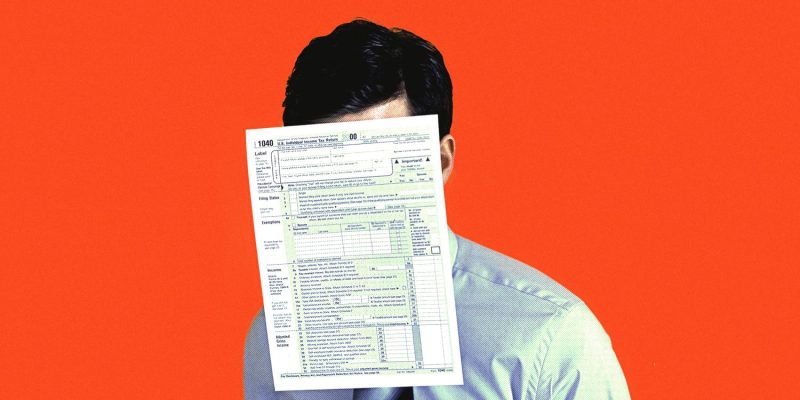
Watch Your Refund! Increased Tax Filing Fees May Devour a Chunk!
With the advent of a new tax year, taxpayers across the nation are once again shouldering the responsibility of filing their personal tax returns. One alarming trend in the recent years stems from an unlikely quarter, with higher costs of tax filing potentially eating into tax refunds—an unexpected concern affecting millions of taxpayers.
Higher tax filing costs result from a combination of factors. One major element revolves around changes in tax laws which tend to make tax filing more complex and time-consuming, fuelling demand for professional tax preparers or sophisticated tax software. The Tax Cuts and Jobs Act of 2017, for example, introduced several new tax forms and schedules, increasing the average fees charged by tax preparers.
Professional tax services are not the only culprits here. The popularity of tax-filing software has surged in recent years due to its cost-effectiveness and convenience. However, while basic versions might be affordable, software firms often charge extra for access to premium features or for responses to tax-related queries. Added to this is the often-overlooked cost associated with e-filing states returns. Unaware taxpayers often find themselves paying for this service, albeit nominally, but when combined with other costs, the total can quickly escalate.
Rising tax filing costs not only burden individual taxpayers but have broader implications for the economy. For every dollar spent on tax preparation, that’s one less dollar potentially pumped back into the economy through consumption or investment. Moreover, it’s a psychological deterrent that might discourage taxpayers from filing or claiming for their rightful refunds.
There are strategies to mitigate these effects and get the most out of your tax refund. One approach would be early and thorough preparation. Staying updated with tax rules and organising financial documents throughout the year can make the filing process more manageable, reducing the likelihood of needing a professional preparer.
Another strategy would be to look out for free tax-filing options. The IRS offers Free File software for people earning less than $72,000 per year. In addition, the Volunteer Income Tax Assistance (VITA) and Tax Counseling for the Elderly (TCE) programs provide free tax preparation services to those who qualify. Even many tax software companies provide free or discounted services for simple tax returns, which can help to curb the cost of filing taxes.
Lastly, it can be valuable to learn the basics of personal taxation through online courses or community workshops. Not only could such education reduce the need for a professional preparer, but it can also help taxpayers to identify deductions and
